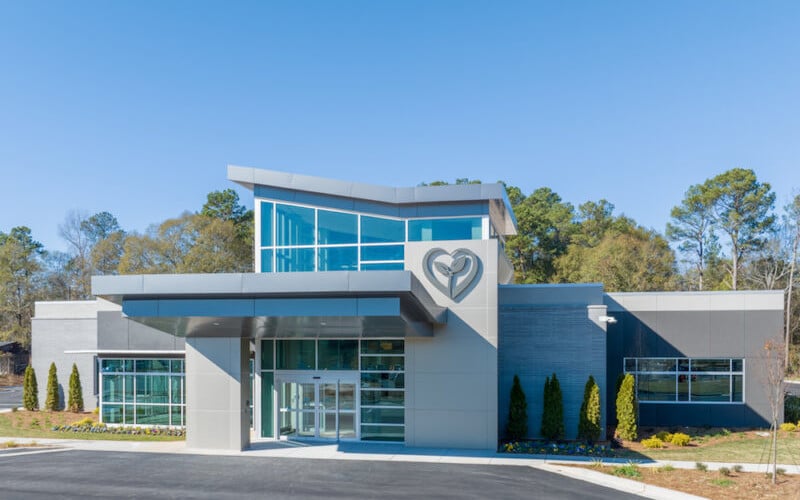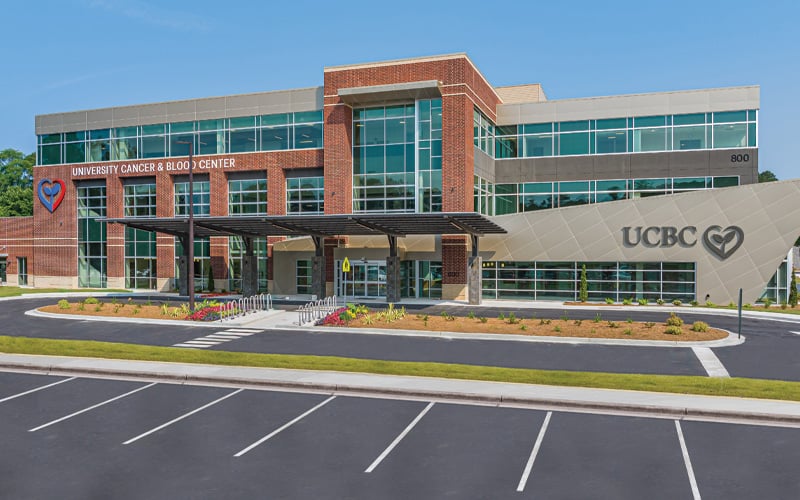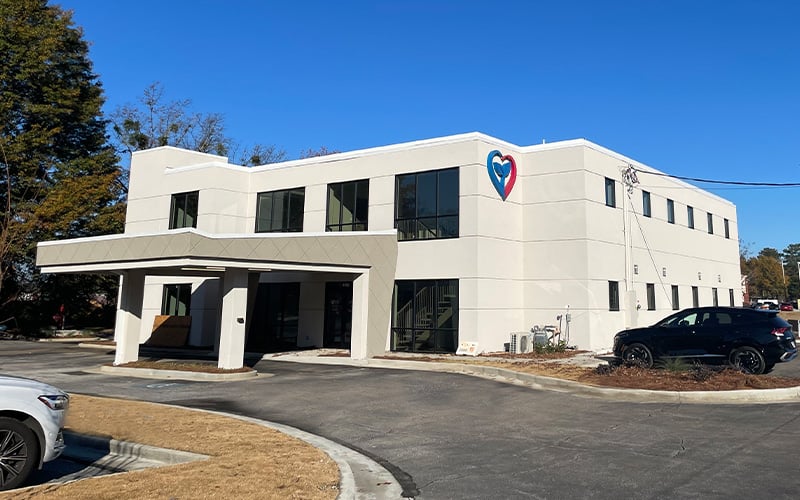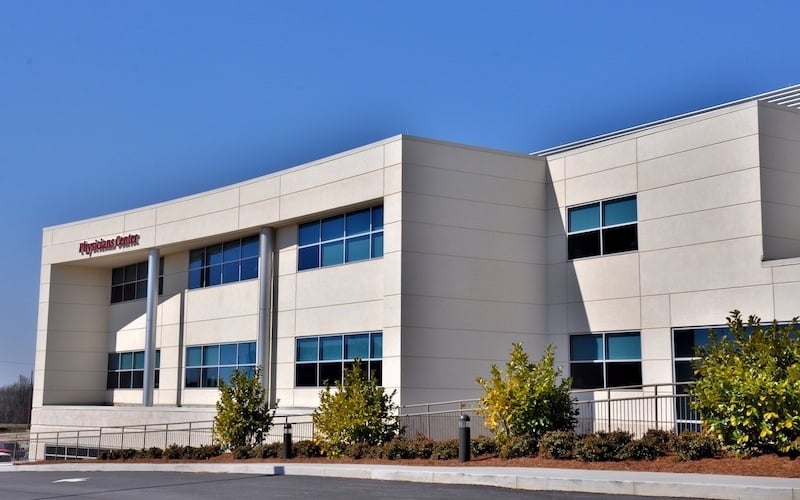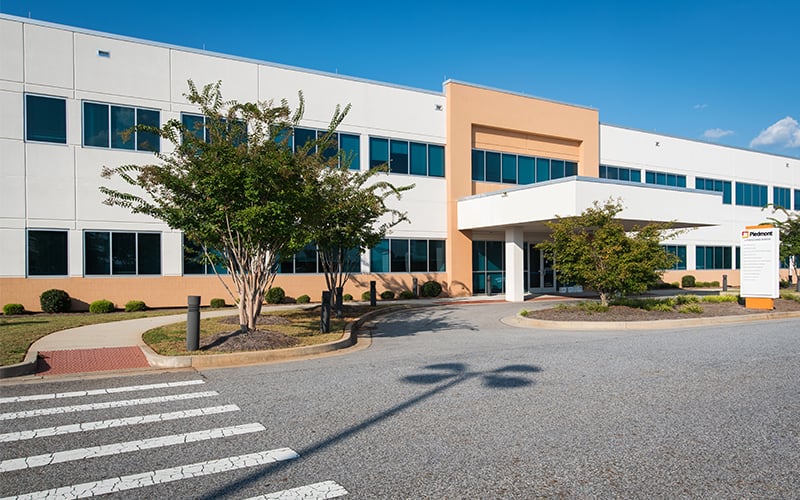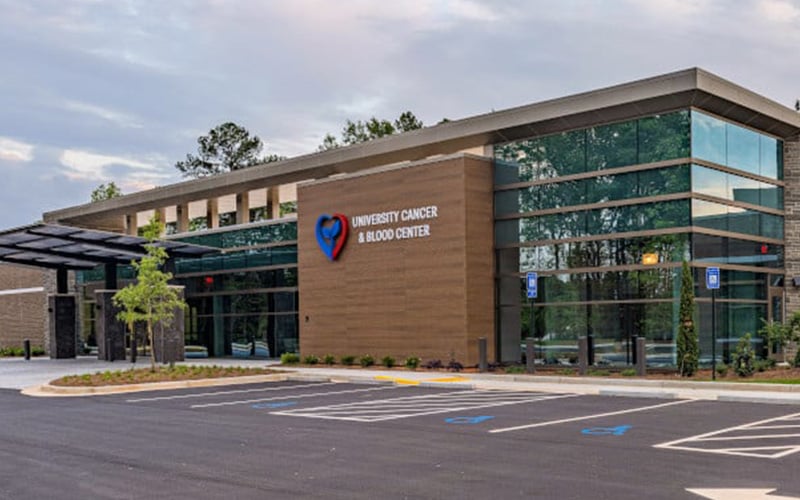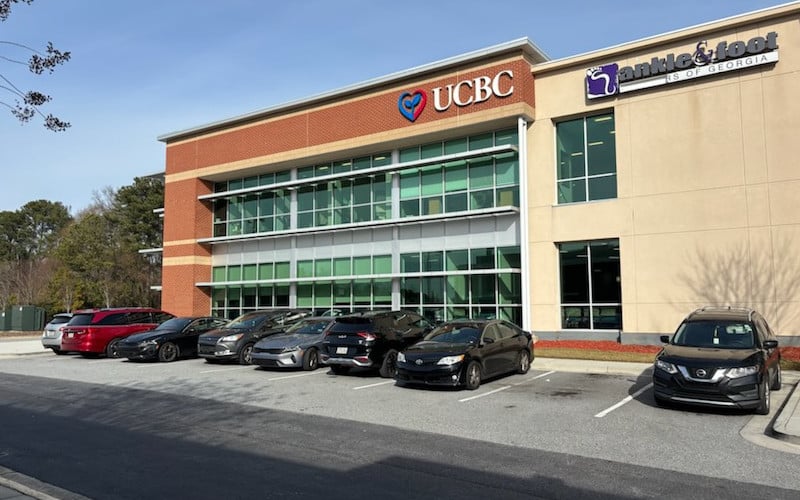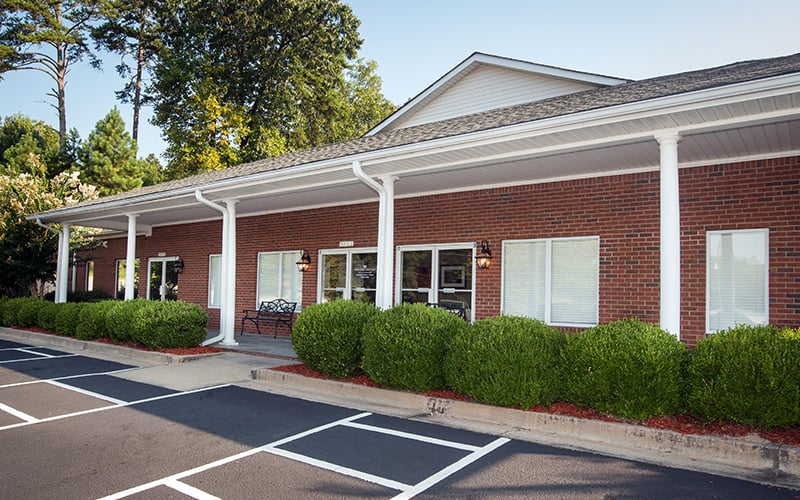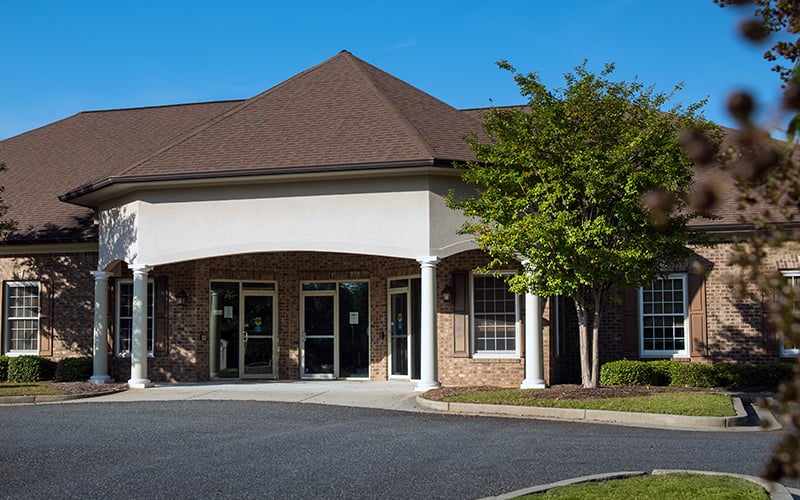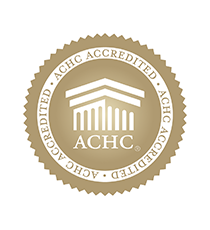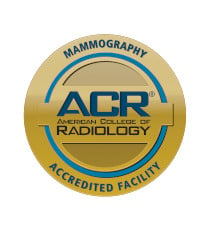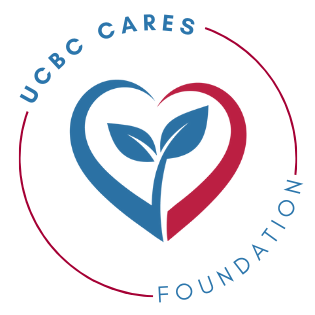Overview:
Hemophagocytic lymphohistiocytosis (HLH) is a rare immune system disease that occurs most often in babies and children. However, HLH can occur in adults. Children often inherit the disease through genes (familial HLH), where adults can acquire HLH later in life (acquired HLH). It can be caused by infections, cancer, and autoimmune diseases. If you have acquired HLH, your body’s immune system does not function normally. White blood cells called histiocytes and lymphocytes attack your other blood cells. Abnormal blood cells then build up in your spleen and liver, which causes your spleen and liver to enlarge. HLH is a life-threatening condition and can cause death in weeks or months if not treated. It may also cause death in months, despite treatment.
Symptoms can include a fever, enlarged spleen, skin rash, enlarged lymph nodes, jaundice, lung problems, digestive problems, headaches, and vision disturbances.
Treatment:
Treatment type will vary based on your symptoms, age, overall health, and the severity of your condition. Treatment can include:
- Cancer therapies (chemotherapy)
- Immunotherapy
- Antiviral medicines
- Antibiotic medicines
To learn more about hemophagocytic lymphohistiocytosis, click here.
